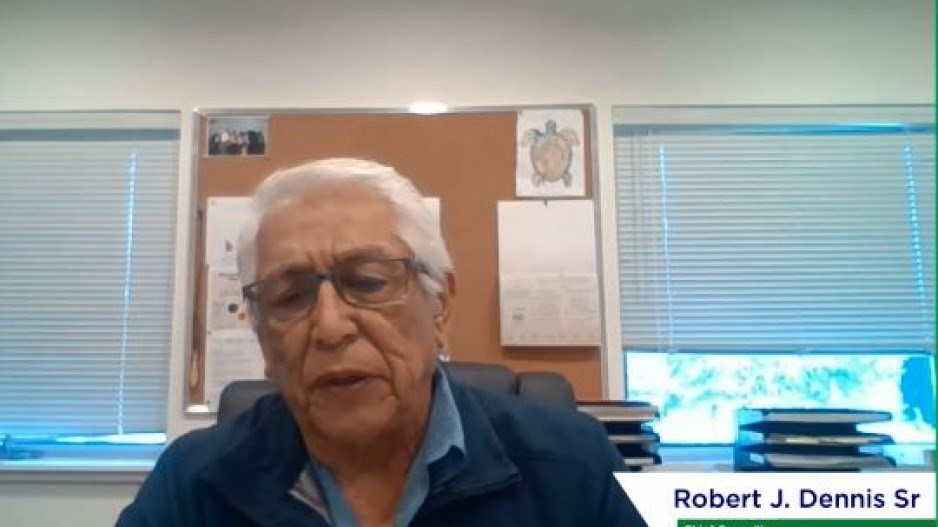The Huu-ay-aht First Nation plans to convene a summit later this month on old growth logging on Vancouver Island, in response to protests and anticipated further deferrals on old growth logging.
The provincial government will announce recommendations from an Old Growth Technical Advisory Panel this afternoon.
It is expected that more deferrals on logging in areas with “at-risk” old growth may be announced, which could have serious impacts for forestry companies with tree-farm licences on Vancouver Island, as well as First Nations who have interests in forestry. The Huu-ay-aht have a 35% interest in the Western Forest Products (TSX:WEF) tree farm licence TFL-44.
The goal of the Anacla Old Growth Summit on November 23 is to discuss how the question of old growth management may be resolved through the lens of the United Declaration on the Rights of Indigenous Peoples (UNDRIP), which the B.C. government has enshrined through the Declaration on the Rights of Indigenous Peoples ACT (DRIPA), and indigenous stewardship.
“As a modern treaty nation, Huu-ay-aht will decide how best to manage our lands and resources,” Huu-ay-aht head hereditary Chief Derek Peters said in a news release.
“We expect broad recognition and respect for the Declaration and UNDRIP. We need to end the types of protests that threaten the safety and economic well-being, cultural and spiritual survival of our people, and the sustainability of our lands.”
The Huu-ay-aht have invited environmentalists, two neighbouring First Nations – the Pacheedaht and Ditidaht – and professional foresters to attend the summit. The Huu-ay-aht want to address “science gaps” in the understanding of just how much old growth is left in B.C. Two competing studies put the estimate at either 3% or 30%.
“Forestry professionals and environmental leaders invited to this summit have issued reports that include widely conflicting estimates of remaining old-growth in B.C., from three to 30 per cent, and its current level of protection," Huu-ay-aht Chief Councillor Robert Dennis Sr. said in a press release. “These reports have also recommended differing forest management strategies.
“To inform our stewardship decisions for our Hahuuli and to assist others in B.C. more generally, we wish to hear directly from report authors and others who are experts in the field. We need to close what I call the science gap. The Huu-ay-aht government will make its own stewardship decisions as it relates to the risks and benefits from our forests. We need to move to re-establish what I call indigenous-based forest management (IBM).”




